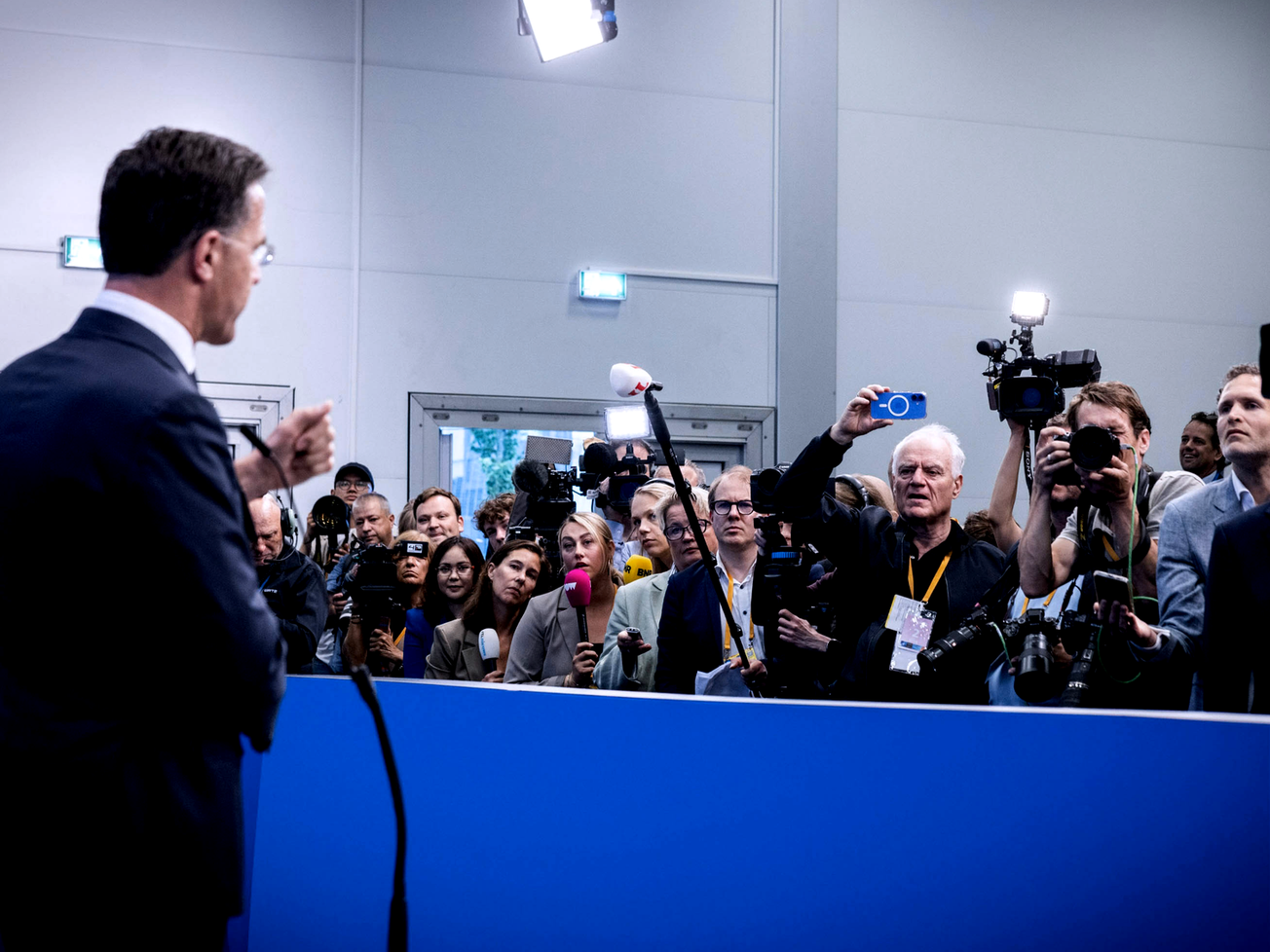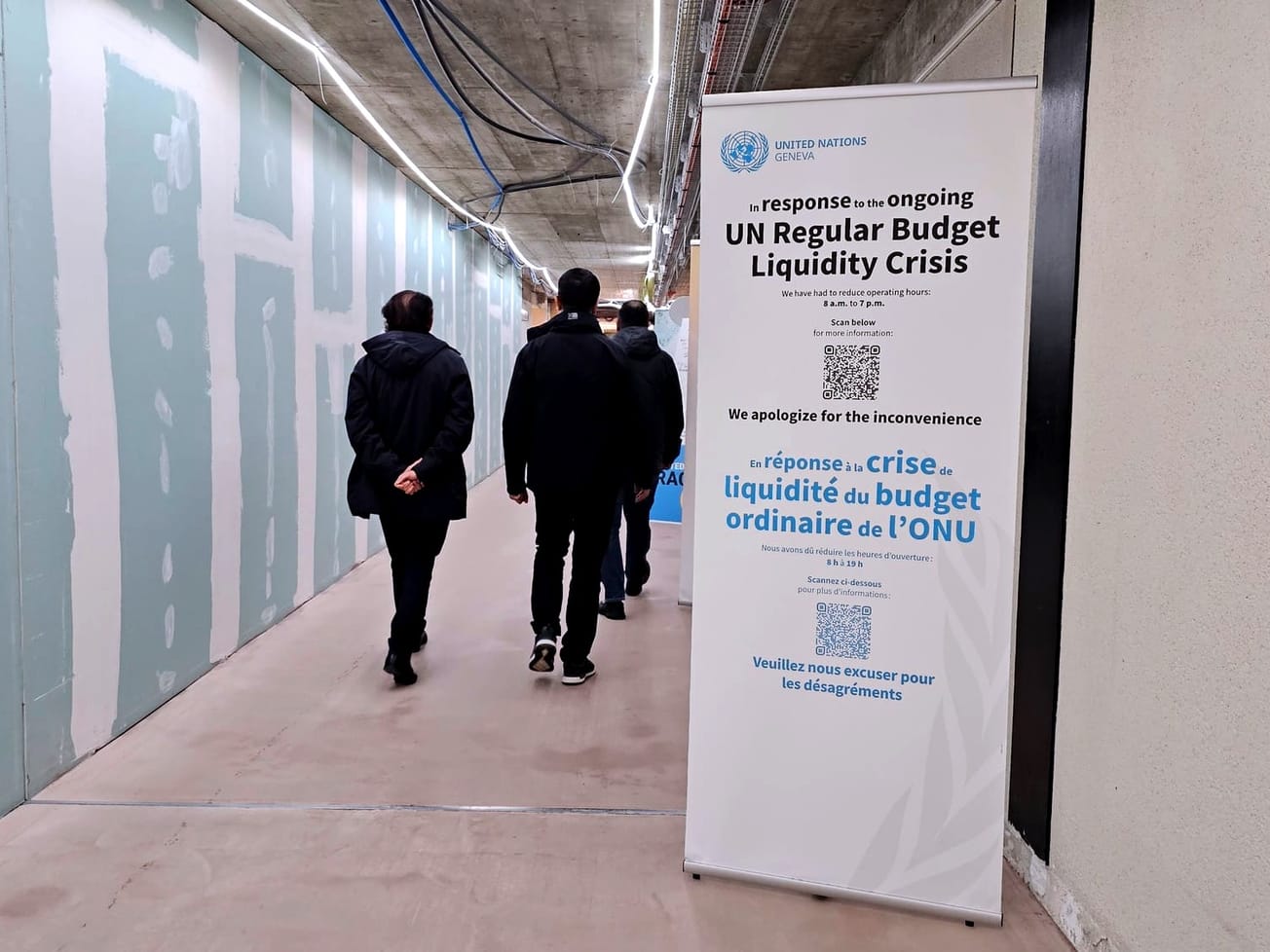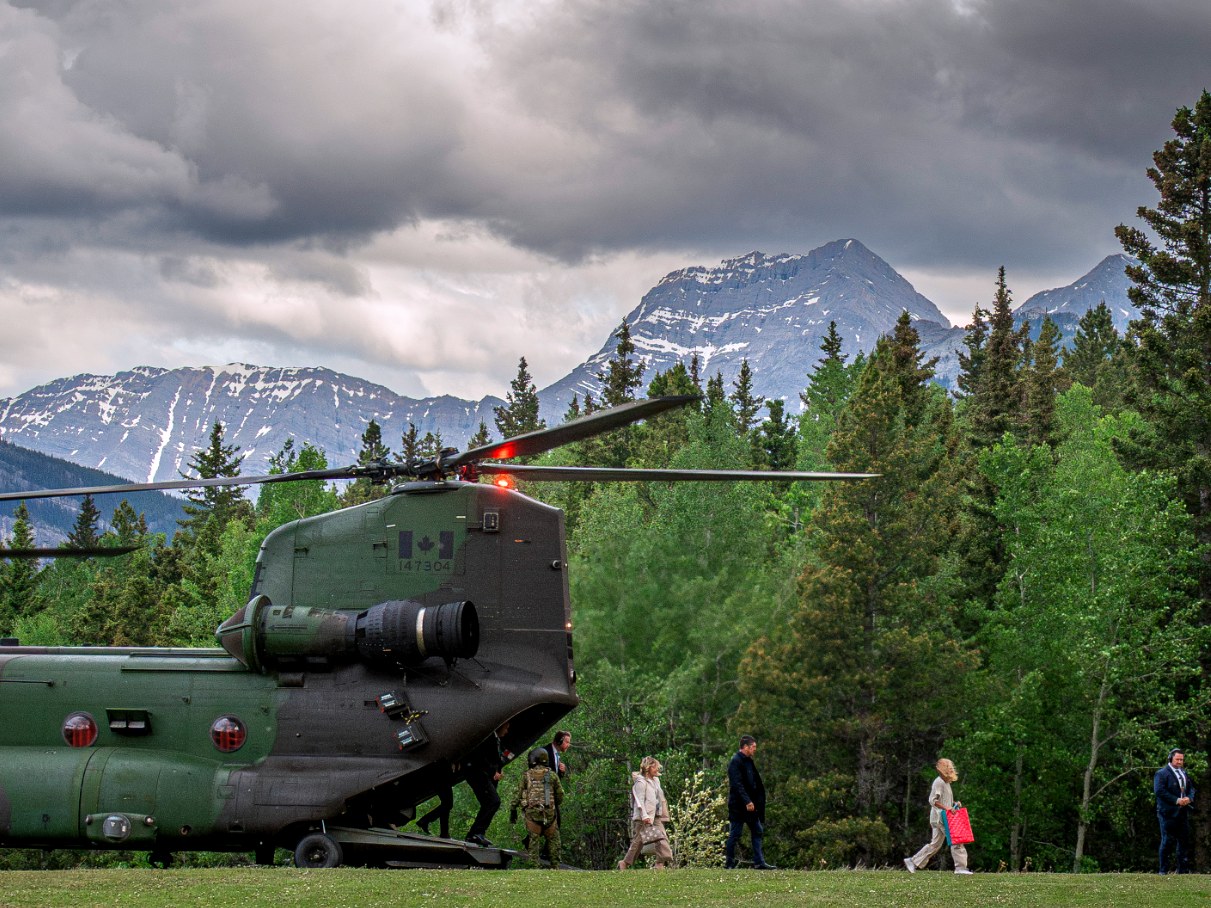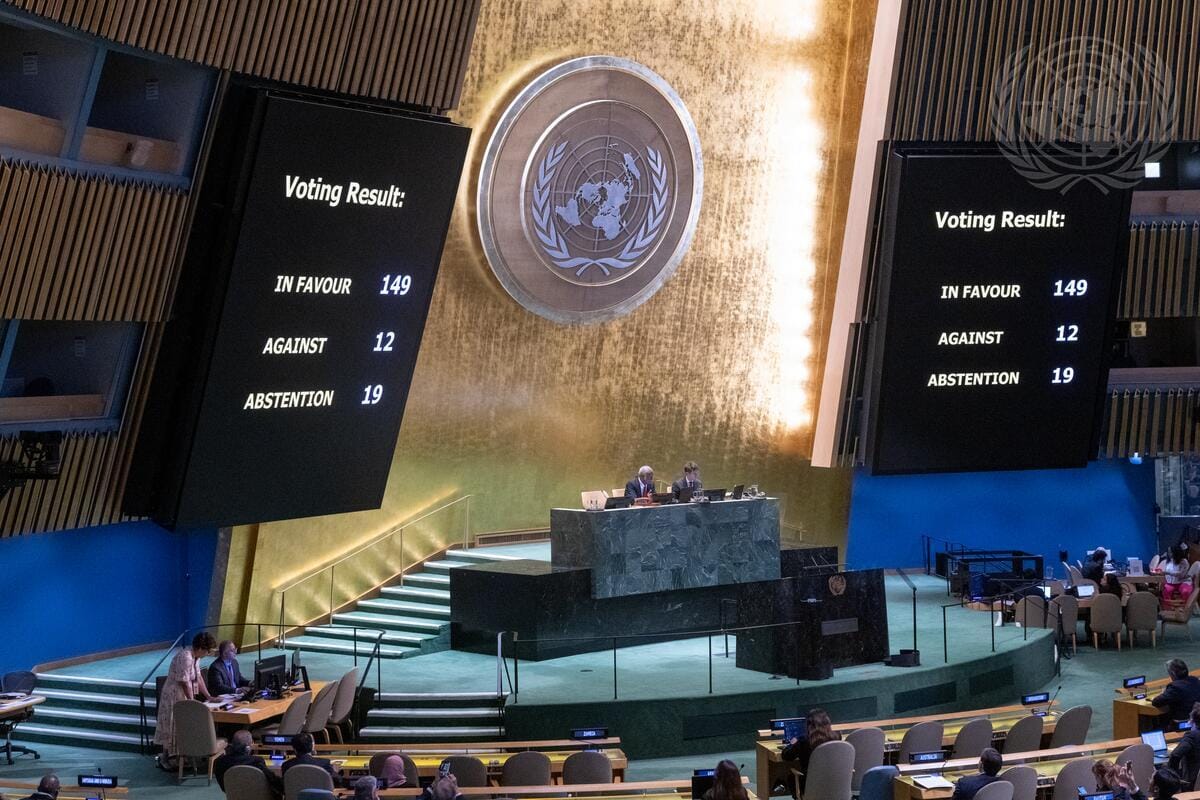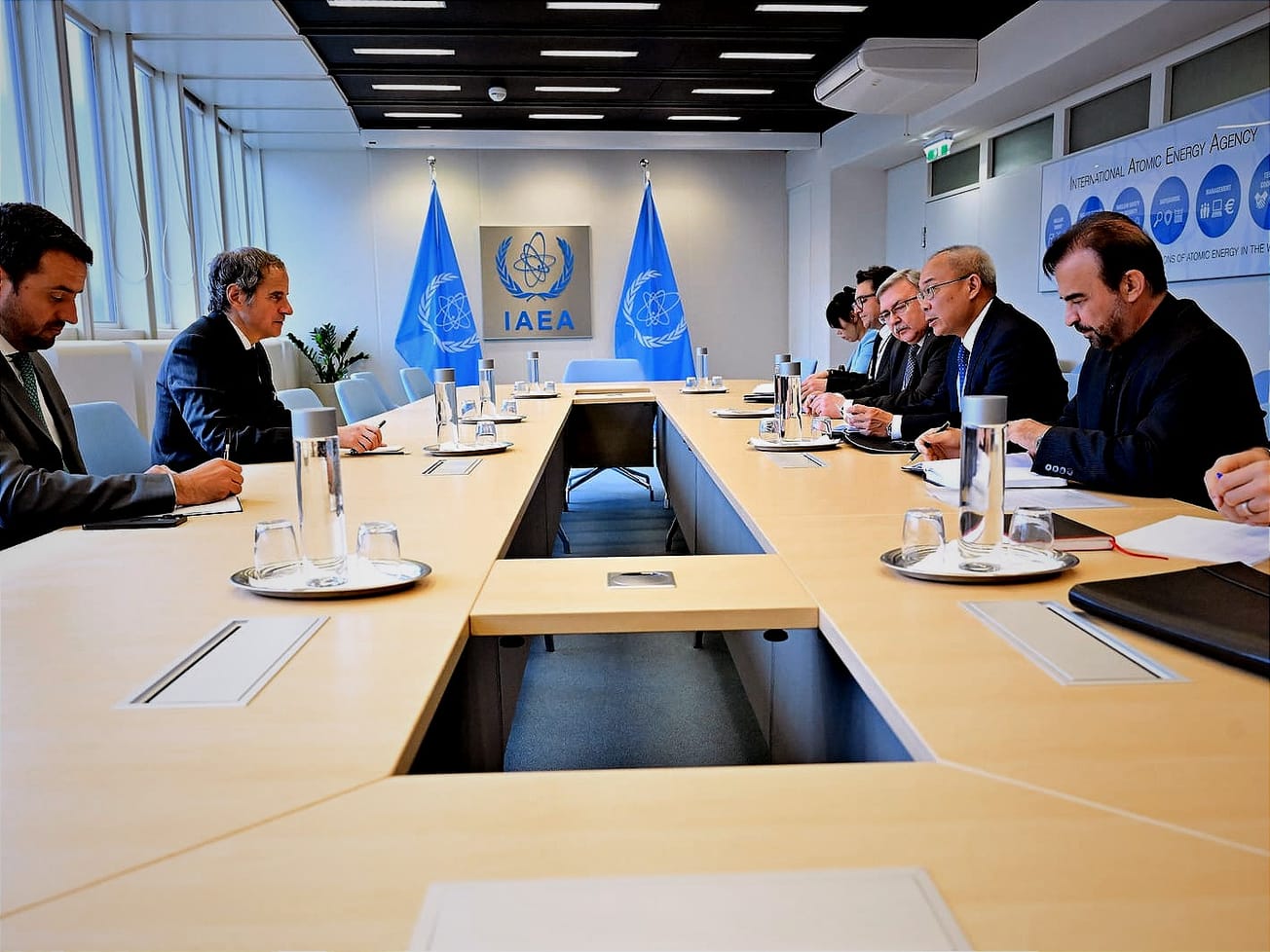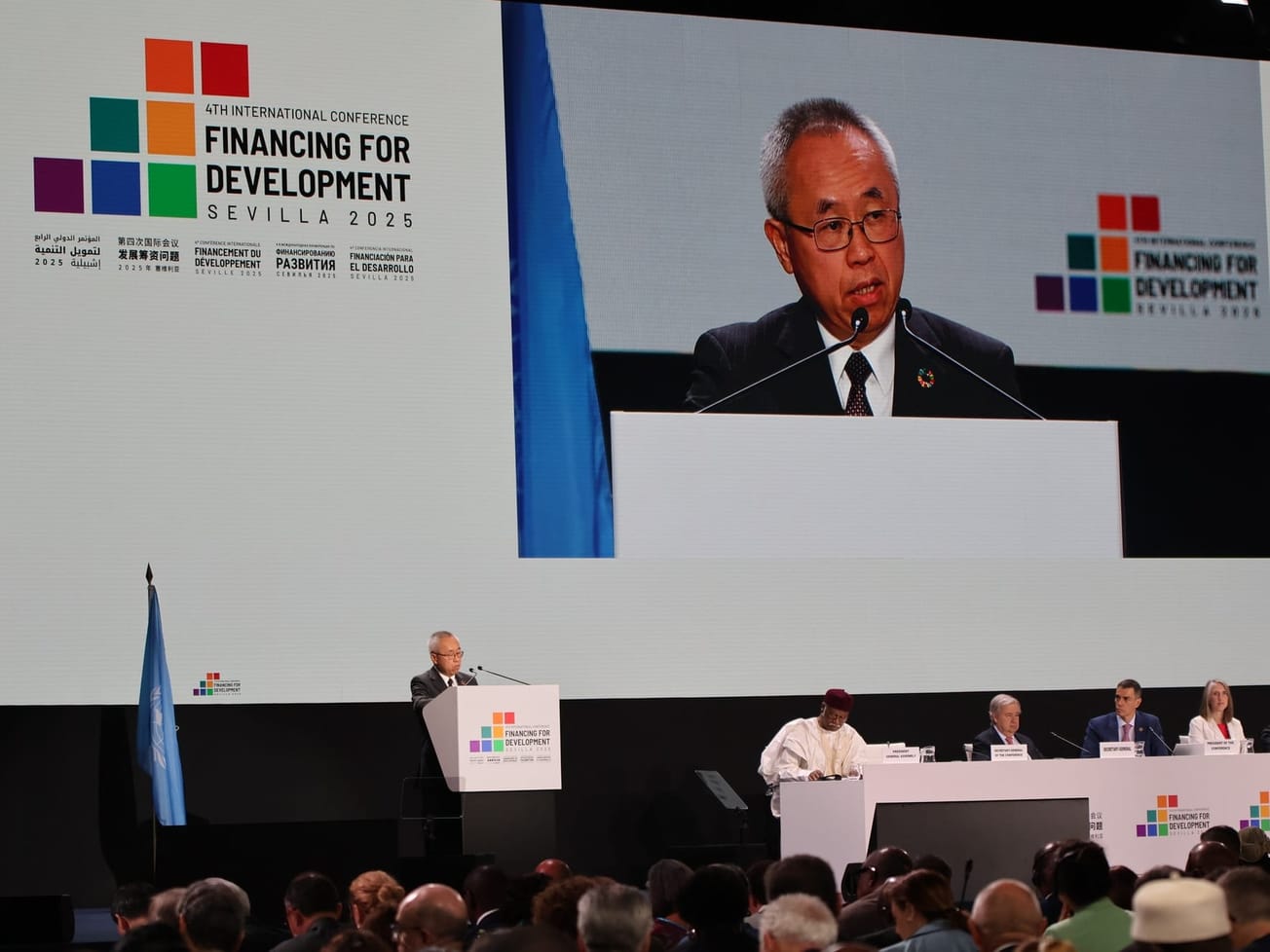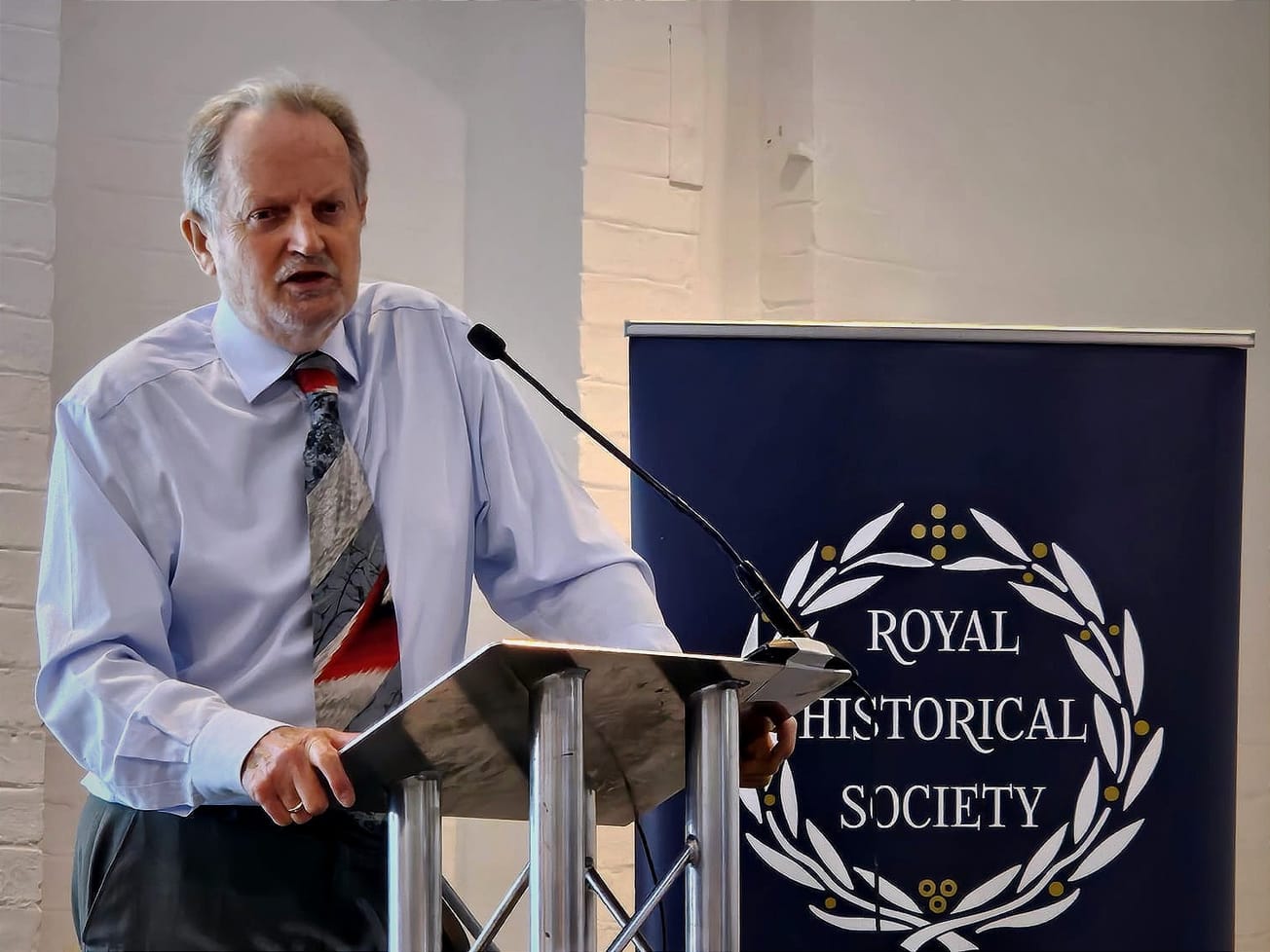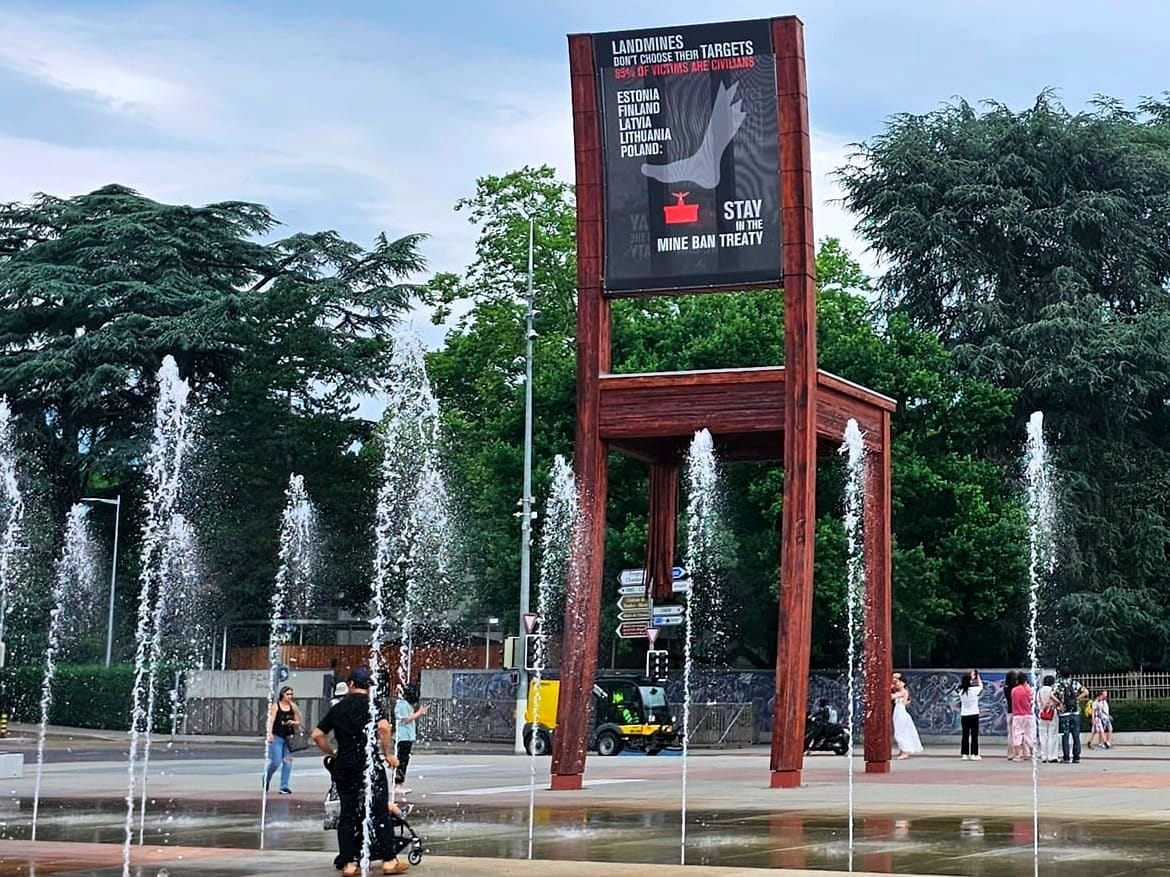WASHINGTON (AN) — The Group of Seven, named for its small number of member nations, had more than than an image problem on its hands when U.S. President Donald Trump alienated the other leaders and insulted the current chair, Canadian Prime Minister Justin Trudeau.
The fracture lines between Trump and some of the United States' staunchest allies were evident well before the gathering, reflect bitter differences over trade, climate change, NATO, Iran, Russia and North Korea. The list goes on and on.


